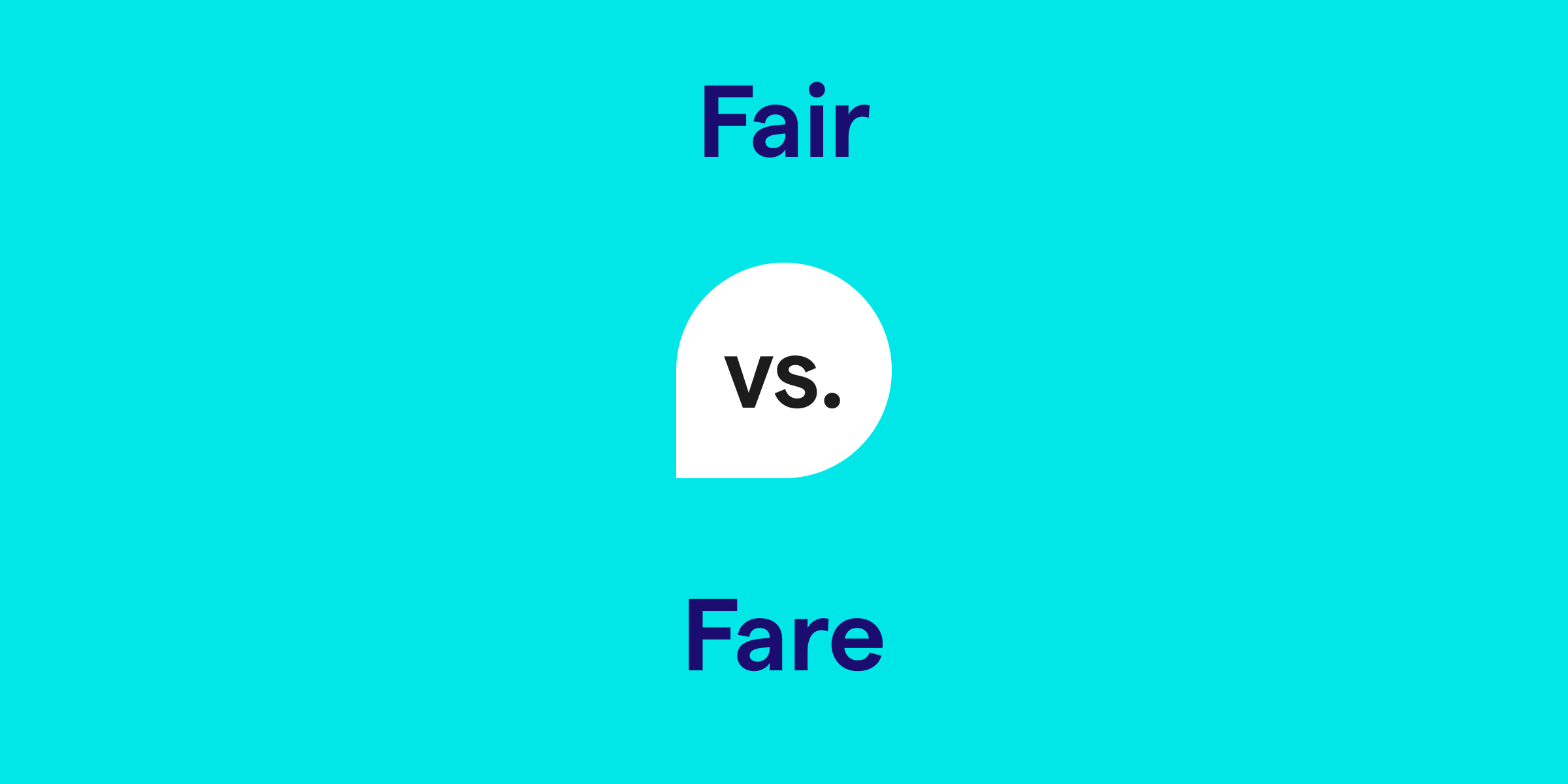Fair vs. Fare: What's the Difference?
Understanding the difference between fair and fare is essential as they are homophones with distinct meanings. Fair, often used as an adjective, refers to something that is free from bias, dishonesty, or injustice, and can also describe the weather or appearance as being pleasing or average. Alternatively, as a noun, it can refer to a gathering of stalls and amusements for public entertainment. Fare, on the other hand, is predominantly used as a noun to describe the money charged for a journey on public transport or can refer to the food and drink available. It can also be used as a verb meaning to perform in a specified way.

How do you use the word fair in a sentence?
The word fair can convey impartiality, beauty, or conditions that are just. It can describe an equitable decision, a pleasant complexion, or a community event with food stands and games. Fair is a versatile term and its use will depend on the context, aiming to describe circumstances, characteristics, or events with an emphasis on equity, enchantment, or a celebratory gathering.
Examples of fair in a sentence
- The judge made a fair ruling, ensuring that justice was served.
- She is known for her fair complexion and striking features.
- Our town's annual fair features local crafts and live music.
How do you use the word fare in a sentence?
The word fare is commonly used when referring to the cost of transportation or the range of food provided. It can denote the price one pays for a bus or train ticket, or describe the experience and outcome of a person's performance in a particular situation. Additionally, fare can refer to a traveler's progress through their journey or the standard and variety of one's diet.
Examples of fare in a sentence
- The taxi driver informed me that the fare to the airport would be $40.
- Given the circumstances, he fared surprisingly well in the championship game.
- The medieval fare at the themed restaurant included hearty stews and fresh-baked bread.
Fair and fare definitions, parts of speech, and pronunciation
Fair definition:
As an adjective, fair describes something characterized by justice, honesty, or impartiality or denotes moderate to light complexion, weather, or appearance. As a noun, it refers to a gathering of people for a variety of entertainment and commercial activities, often temporary.
Fair parts of speech:
Fair pronunciation:
Phonetically, fair is pronounced /fɛər/.
Fare definition:
As a noun, fare refers to the money paid for a journey on a public vehicle or a range of food and drink available. As a verb, it means to perform or progress in a particular way.
Fare parts of speech:
Fare pronunciation:
Phonetically, fare is pronounced /fɛər/.
As an adjective, fair describes something characterized by justice, honesty, or impartiality or denotes moderate to light complexion, weather, or appearance. As a noun, it refers to a gathering of people for a variety of entertainment and commercial activities, often temporary.
Fair parts of speech:
- As an adjective: The game was fair and enjoyed by everyone.
- As a noun: The annual state fair attracts thousands of visitors.
Fair pronunciation:
Phonetically, fair is pronounced /fɛər/.
Fare definition:
As a noun, fare refers to the money paid for a journey on a public vehicle or a range of food and drink available. As a verb, it means to perform or progress in a particular way.
Fare parts of speech:
- As a noun: The bus fare has increased this year.
- As a verb: He wondered how his friend was faring in the new job.
Fare pronunciation:
Phonetically, fare is pronounced /fɛər/.
Fair vs. fare in a nutshell
In a nutshell, fair and fare are pronounced the same but carry different meanings and usage. Fair is most commonly used to denote impartiality or attractiveness and to name social events with vendors and entertainers. Fare refers to the cost of travel or the type of food provided, and as a verb, it describes how someone or something performs under specific conditions. Remembering these distinctions is key to applying the correct term in different contexts.
Get AI Writing Assistance Wherever You Type
Make sure your vocabulary is on point and every punctuation mark is in the right place, no matter where you’re working. Grammarly works across more than 500,000 websites and apps so you can improve your writing without copying, pasting, or breaking focused.

More Commonly Confused Words
Interest piqued? Pore (not pour) over other commonly confused words to help your writing reach peak (not peek) performance.